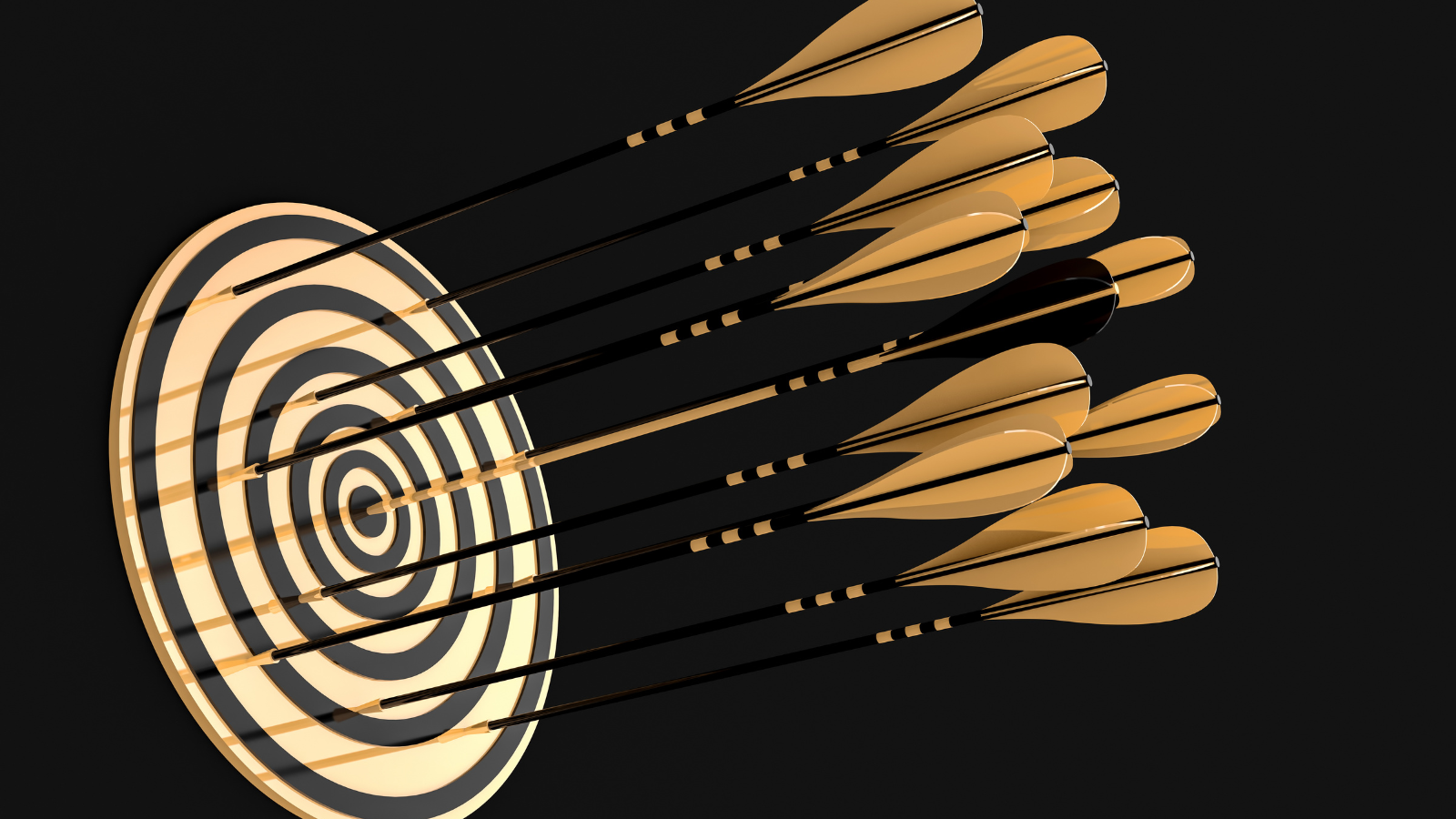Male identity: an island no man wants to visit

The phenomenon of ingroup favouritism and outgroup bias is a cornerstone of social psychology. The strength of such biases vary by group e.g. it is well-established that higher-status groups invoke more ingroup bias (e.g. Nosek et al, 2002). Men in general (historically and cross-culturally) have higher status than women in the public realm (politics, finance etc), so one would expect that male identity invokes a high level of ingroup bias. However research shows that – uniquely in social identity theory – male identity, unlike female identity, invokes no significant ingroup bias (e.g. Richeson & Ambady, 2001).
Men support each other effectively when the identity is based on something other than being male (e.g. football teams), but how do we explain the incohesive effect of male identity? There are several possibilities. For example, it could be that because infant attachment mostly happens with women (mothers), this programmes for greater bias towards women in later life (Rudman, 2004). Similarly, it could be that men are stereotypically more associated with violence and aggression, thus invoke less sympathy (Rudman & Goodman, 2004). Or it could be that on an evolutionary level, males are seen as the providers of protection, not the recipients of protection (Seager et al, 2016).
There are wide-ranging implications for men’s wellbeing. For example, although men die by suicide at three times the rate that women do (ONS, 2015), there is little attempt to understand why nor to reduce this problem.
This article was first published on the Male Psychology Network website in 2017.
Scroll down to join the discussion
Disclaimer: This article is for information purposes only and is not a substitute for therapy, legal advice, or other professional opinion. Never disregard such advice because of this article or anything else you have read from the Centre for Male Psychology. The views expressed here do not necessarily reflect those of, or are endorsed by, The Centre for Male Psychology, and we cannot be held responsible for these views. Read our full disclaimer here.
Like our articles?
Click here to subscribe to our FREE newsletter and be first
to hear about news, events, and publications.

Have you got something to say?
Check out our submissions page to find out how to write for us.
.
Dr John Barry is a Psychologist, researcher, clinical hypnotherapist & co-founder of the Male Psychology Network, BPS Male Psychology Section, and The Centre for Male Psychology. Also co-editor of the Palgrave Handbook of Male Psychology & Mental Health, and co-author of the new book Perspectives in Male Psychology: An Introduction (Wiley).















































